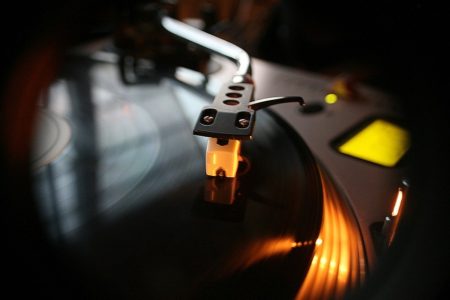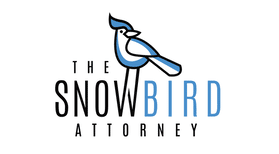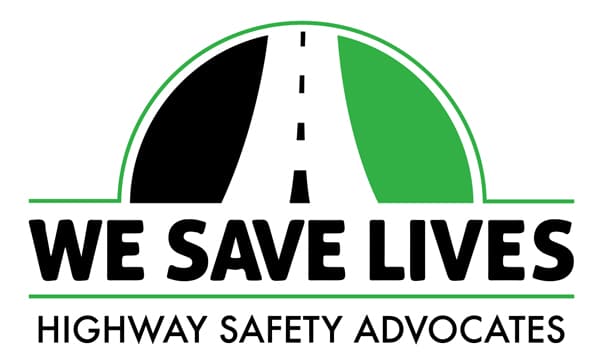
Healing with music therapy is possible. When I presented myself at the front door of my new singing student’s home, I had no idea what a sweeping change would come over my life, once that door was opened. The gentleman seeking lessons was a kind man, eager to sing, as an artistic outlet to help him cope with the challenges he was now facing.
A New Solution for Social Isolation and More
When I sat down to teach him, I didn’t understand why he couldn’t follow my instructions or stay with me as we went through the music. As the lesson ended and I racked my brain about what to do next, he and his wife told me a story about a car accident, a rollover, and how he had sustained a traumatic brain injury as a result. As I began adjusting my methods to suit him, and working with him to achieve his singing goals, I saw the positive impact our time together had. His isolation was reduced, his mood improved, his anxiety lowered and his ability to handle his ongoing rehabilitation improved greatly.
I knew I wanted to work with more brain injury survivors, and began talking with them, their loved ones, and professionals all over my state of Virginia about their needs, struggles and hopes. I learned that it is easy to become socially isolated, and to get down or anxious as survivors try to navigate life after injury. I learned transportation can be a huge stumbling block in getting out to meet with people, and that meeting with other survivors, people who really understand what they’re going through is crucial. I learned too, that people often must stop therapy before they are ready.
Survivors Can Meet Together
Based on my experiences with my survivor singing student, and the survivors I work with online in a telehealth program in a rural community, I developed a program where survivors can meet together every week from their own homes. We use live, real time video conferences, so survivors can see and hear each other just as if they were in my living room with me. We talk, listen and do some fun musical activities to engage our brains, and as a creative outlet. Mics are muted for the music making to reduce auditory stimulation, and so that no one is “on stage” having to perform. I am now working with several speech and music therapists to help the content of this program serve as an extension of the types of exercises survivors might encounter in speech or music therapy that may have a big impact on the recovery process.
Survivors are healing with music therapy in my 8 week program. They tell me it is a huge bright spot in their week, and that they look forward to engaging with their peers and having their mood lifted.
To learn more, please visit: www.beyondhighc.com
Submitted by: Kiersten Kanaster, Founder at Beyond High C
Beyond High C is as a member of Crash Support Network and we thank them for their support.
This article is also featured in our 2018 Winter Issue of Sharing our Recovery
The Crash Support Network is a unique website consisting of an online support group, a Crash Survivor Blog written by a survivor, our Sharing Our Recovery Newsletter, informative articles and a Virtual Crash Memorial. Our website is based on relationship-building and puts the needs of survivors first by creating a helpful resource for victims and survivors of motor vehicle crashes.





